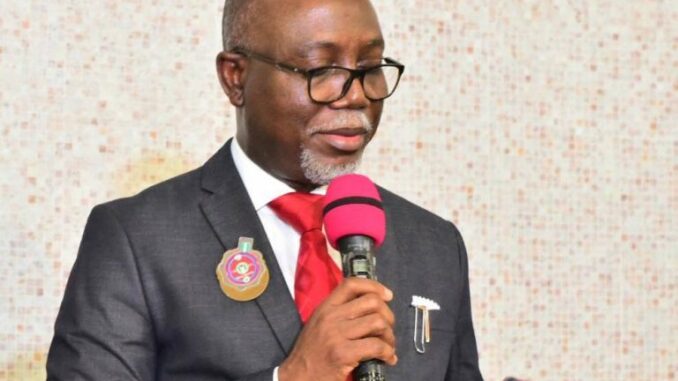
By Divine Sam
The aftermath of the Ondo State governorship election has seen significant controversy as opposition parties reject the results. The All Progressives Congress (APC) candidate, Lucky Aiyedatiwa, was declared the winner, securing 366,781 votes against the Peoples Democratic Party (PDP) candidate Agboola Ajayi, who received 117,845 votes. Despite Aiyedatiwa’s victory, the PDP has announced plans to challenge the results in court, citing alleged irregularities and electoral malpractice.
They claim the election was marred by criminal activities, voter intimidation, and vote-buying, and they argue that democracy cannot thrive in such an environment.
The Social Democratic Party (SDP) also rejected the results, accusing the APC of widespread electoral fraud and calling for the election to be annulled. They claimed the election lacked integrity, with reports of vote-buying and compromised security forces.
Meanwhile, Aiyedatiwa is set to receive his Certificate of Return from the Independent National Electoral Commission (INEC), but opposition parties have labeled his victory as a “certificate of shame,” questioning the legitimacy of the process.
The controversy reflects broader concerns about the state of Nigeria’s electoral system and the role of institutions in safeguarding democracy.